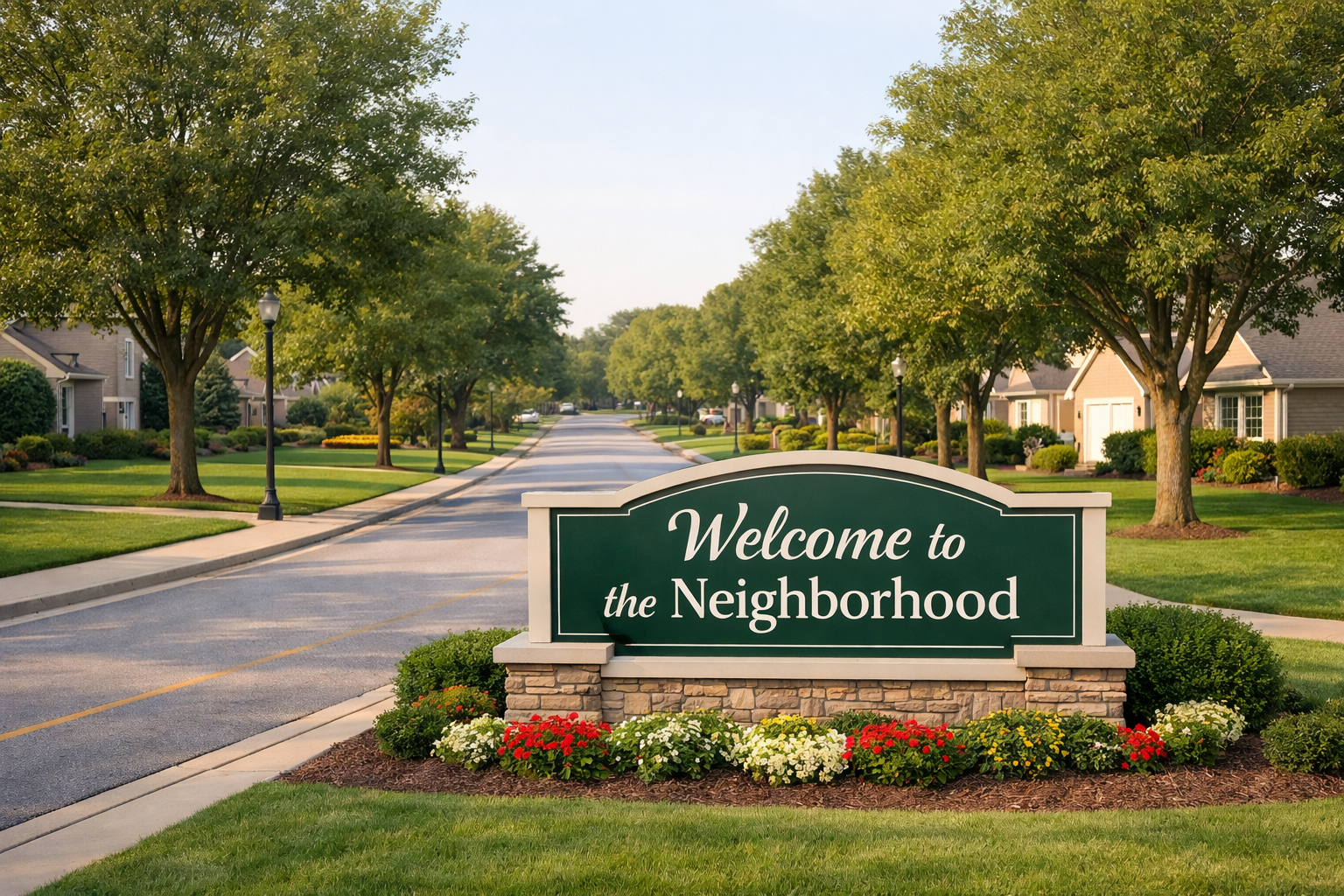7 Wisconsin Tenants’ Rights Landlords Need to Know
Understanding Key Tenants’ Rights: Essential Knowledge for Wisconsin Landlords

Wisconsin is a great place for landlords, with almost a third (32.6%) of properties being rented out. But to avoid breaking any rules, landlords must understand the state’s regulations on rent collection, security deposits, and tenant screening. Here are seven key tenants’ rights in Wisconsin that every landlord should know.
1. The Right to Fair Housing
In Wisconsin, landlords cannot discriminate against tenants based on race, family status, disability, sex, national origin, religion, marital status, income source, sexual orientation, or age. This means:
- You can’t refuse to rent to someone based on these factors.
- You must offer the same rental terms to everyone.
- You can’t lie about whether a rental unit is available.
- You must apply the same standards to all applicants.
- You must allow reasonable adjustments for tenants with disabilities.
2. The Right to a Written Rental Agreement
A rental agreement, or lease, is a contract between a landlord and tenant. In Wisconsin, these agreements can be:
- Month-to-month: Automatically renews each month unless 28 to 30 days’ notice is given.
- Short-term: Lasts three to six months, often used for short stays.
- Fixed-term: Typically 12 to 15 months, providing stable income.
- Rent-to-own: Allows tenants to rent before buying.
While written agreements are ideal, they are not mandatory unless the lease is longer than a year. It’s best to use written agreements to protect both parties.
3. The Right to Habitability
Landlords must provide safe and livable housing. This means:
- Ensuring the property has electricity, running water, and working plumbing.
- Fixing any dangerous wiring or broken heating systems.
- Addressing structural issues that could be a safety hazard.
If a landlord fails to maintain the property, tenants can withhold rent or even move out temporarily until repairs are made.
4. The Right to Complain to the Landlord
Tenants have the right to report issues without fear of retaliation. Retaliation can include:
- Ending the lease or not renewing it.
- Removing agreed-upon services.
- Raising the rent.
If a landlord retaliates, the tenant can take legal action with proof, such as messages or reports from inspectors.
5. The Right to Notice of Entry by the Landlord
Landlords must give tenants 12 hours’ notice before entering the rental unit for inspections or repairs. Exceptions include emergencies or if the tenant has given prior consent.
6. The Right to Fair Termination of Tenancy
Different leases have different termination rules:
- Month-to-month tenants: Require 28 days’ written notice.
- Fixed-term leases: End automatically unless stated otherwise.
For non-payment of rent, landlords can issue:
- Five-day notice: Pay overdue rent within five days or move out.
- Fourteen-day notice: Move out within 14 days without the option to pay and stay.
Landlords cannot use force, turn off utilities, or remove the tenant’s belongings. When unsure, landlords should consult an attorney.
7. The Right to Returned Security Deposits
Wisconsin requires landlords to return security deposits within 21 days after the lease ends. Deductions can be made for:
- Damage caused by the tenant.
- Unpaid rent.
- Utility charges not included in rent.
Landlords must send the deposit to the tenant’s last known address.
Is Wisconsin Considered a Tenant-Friendly State?
Wisconsin is seen as landlord-friendly due to its lack of rent control laws, allowing landlords to set rent prices based on market rates. However, landlords must still follow rules regarding fair housing, habitability, and returning security deposits.
Understanding these key tenants’ rights helps landlords manage their properties responsibly and stay compliant with Wisconsin’s regulations.












